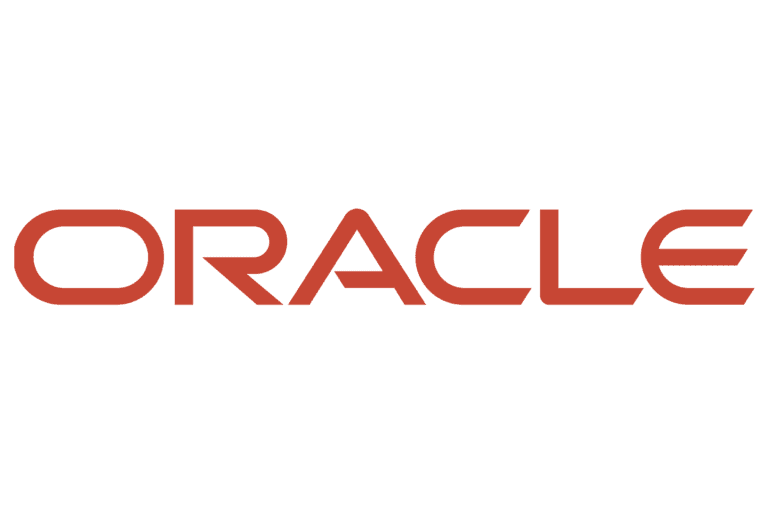Oracle announced at its own CloudWorld event that it is rolling out a host of new AI features across its products and services. The company aims to strengthen its position in the enterprise AI space. The slew of additions and features is intended to simplify AI deployment, drive productivity, and streamline business processes. Some of the new features also aim to help with application development and optimization of cloud workloads.
One of the key announcements is the arrival of new AI features for Oracle Fusion Data Intelligence, the company’s already AI-driven data analytics platform. The additions should help customers put internal enterprise data to maximum effect in a market where success increasingly depends on such analysis and decision-making power. Leveraging proprietary data optimally with Oracle’s toolbox can be a competitive advantage that makes a difference, the company promises.
With updates to Oracle Fusion Cloud Human Capital Management (HCM) and Oracle Fusion Cloud Supply Chain & Manufacturing (SCM), this platform is adding substantially to traditional analytics by recommending specific actions to users. That should enable them to make smarter decisions in their daily work. Think insight into finances, staying ahead of fluctuations in supply and demand, and sales and account management predictions. Oracle Fusion Data Intelligence now also integrates natively with Salesforce CRM.
GenAI Agents
Another important addition to Oracle’s AI arsenal are the GenAI agents for the Oracle Cloud Infrastructure (OCI). This involves a suite of tools, of which the Retrieval-Augmented Generation (RAG) Agent stands out the most. It provides out-of-the-box RAG capabilities that allow tasks that previously had to be done manually, such as agent scheduling, retrieval and re-ranking, to be done by AI instead of an employee –at least partially.
Built-in self-checks promise to minimize AI hallucinations, allowing companies to implement RAG technologies with a high degree of reliability. This should hopefully make AI work for them more effectively. The GenAI Agents can access Oracle’s Database 23ai AI Vector Search if desired, allowing customers to perform high-speed similarity queries on their data without transferring it to a separate vector database. Such queries compare multiple data points based on their distance or similarity. This is particularly useful for fraud recognition, pattern detection, or recommendations in specific situations.
Companies pining for choice will be pleased to learn that Oracle’s GenAI Agents service also supports OCI Search with OpenSearch, providing an open-source alternative for handling generative AI workloads.
GenDev
Another major release concerns Generative Development (GenDev), Oracle’s AI-equipped infrastructure for app development. Again, adding a splash of AI is intended to speed up processes such as application design and deployment. Oracle’s Database 23ai core technology plays an important role here, such as JSON Relational Dual Views, AI Vector Search, and Oracle APEX, which allows developers to build modular applications more easily.
Tip: Oracle Database 23ai brings data and AI together
The interface understands prompts in natural language. Automated scalability, security and consistency features help mitigate risks that often crop up in AI-driven software creation, such as hallucinations or leaks of confidential data. GenDev further provides studio functionalities such as drag-and-drop tools for visualizing (and immediately building) AI pipelines. The tool works with external LLMs such as Google Gemini, Claude (Anthropic) and the Hugging Face platform. Connecting Nvidia GPUs for the necessary horsepower in data processing is also possible.
Code Assist
To take things even further, Oracle is also coming out with Code Assist, an AI programming coach to improve developer productivity. It includes integrations for popular Integrated Development Environments (IDEs) such as JetBrains IntelliJ IDEA and Microsoft Visual Studio Code. Also, with Code Assist, Oracle offers intelligent suggestions for languages such as Java, Python and C#. This tool reduces the development time of code and optimizes its performance. The idea is that this frees up developers for higher-level design and innovation.
Oracle further upgraded its OCI Kubernetes Engine (OKE) to better support AI workloads at scale, optimizing the company’s training, deployment and management of AI models for enterprise environments.
Also read: Oracle and AWS bury the hatchet: Oracle Database@AWS coming soon
